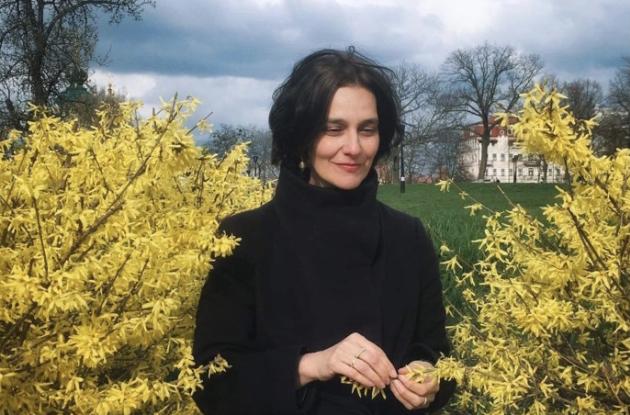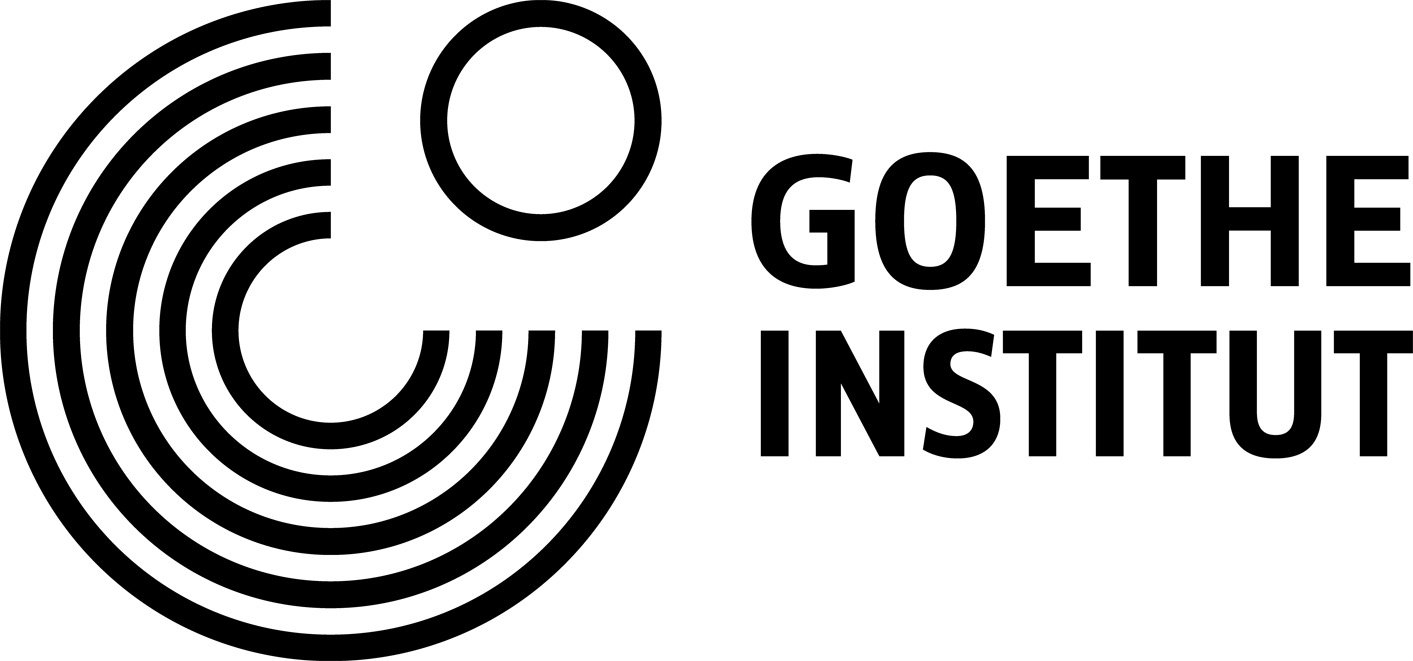Photo Talk: Katja Petrowskaja (UA) on Boris Mikhailov
Meet the Ukrainian writer and essayist Katja Petrowskaja for a conversation about the conditions of art in a time of war.
Katja Petrowskaja is a Ukrainian writer, raised in Kyiv in a Russian-speaking family. She writes in German and has been translated into over 30 languages - most recently the essay collection The Photograph Looked Back at Me was published in Danish.
This evening, together with photography curator Charlotte Præstegaard Schwartz and director of the Danish Cultural Institute, Camilla Mordhorst, she will discuss how the war against Ukraine also affects the art scene.
The conversation is based on The Diamond's current photo exhibition Ukrainian Diary - Photography by Boris Mikhailov from 1966 to the present day.
"For the past seven years, every three weeks - in waltz rhythm and as a counterweight to the marching rhythm of the media - I have written a text based on an image of my own choosing. Images pour in on us from everywhere: newspapers, books, poster columns, exhibitions, from the smartphone and from the web. Writing about a single photo was my attempt to stop and dwell. I wanted to slow down the inflation of images, but for my own part, as if the observation was a slow and somewhat old-fashioned process, the connection was about meetings with the visual: the war in Ukraine, the symbolic value of the female body or a cloud in the sky. Over time, the occasional column has become a coherent text, a diary of contemplation."
Participants
Katja Petrovskaja
Katja Petrowskaja (b. 1970, Kyiv) is a German-Ukrainian writer and has lived in Berlin since 1999. The Photograph Looked Back at Me is a collection of essays that in 2015-2021 were published in the Frankfurter Allgemeine Sonntagszeitung. They are based on photographs of subjects as diverse as the ghostly flowers in the "Chernobyl Herbarium", the face of a Ukrainian miner or a Syrian refugee couple walking ashore on Lesvos. Together, they form a concentrated story about the present that often points back in time.
Charlotte Præstegaard Schwartz
Art historian and photography curator, Royal Danish Library
Camilla Mordhost
Director of the Danish Cultural Institute, through her work deeply involved and engaged in cultural dissemination and exchange between Ukraine and Denmark. Has for many years helped to promote Danish culture internationally and in particular to strengthen the general cultural exchange between Denmark and abroad.

